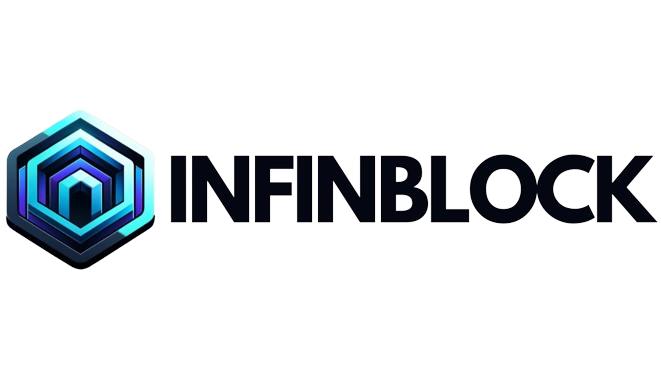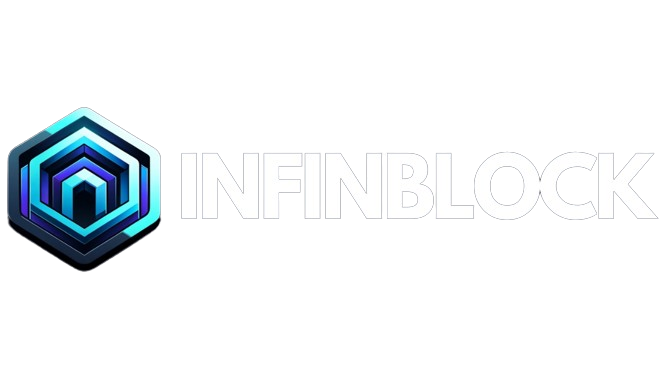Topics: Libraries, Payable, Fallback and Receive functions, Storage, Memory, and Stack.
Let’s dive into the next block of advanced Solidity topics, covering Libraries, Payable, Fallback and Receive functions, Storage, Memory, and Stack. We’ll explore each topic in detail, understanding their significance and how to use them in smart contract development.
Libraries
Libraries in Solidity are reusable pieces of code intended to be deployed only once and then used by other contracts through delegation. This reuse mechanism can significantly reduce the gas cost associated with deploying contracts, as the library’s code is stored only once on the blockchain. Libraries are often used for complex mathematical operations, data structures, or standard algorithms to enhance security, reduce redundancy, and save gas.
library SafeMath {
function add(uint256 a, uint256 b) internal pure returns (uint256) {
uint256 c = a + b;
require(c >= a, "SafeMath: addition overflow");
return c;
}
}Payable
The payable keyword in Solidity is used to mark a function or address that can receive Ether (the cryptocurrency of the Ethereum network). When a function is marked as payable, it can be called with a value transfer (Ether). Without the payable modifier, attempting to send Ether to a function will result in an error, providing a mechanism to restrict ether reception to specific functions.
function deposit() public payable {
// Function can accept Ether
}Fallback and Receive Functions
- Fallback function: This is a default function without a name and is executed either when a contract receives plain Ether (without data) if no
receivefunction is defined, or when none of the called function signatures match. It must be declared asexternalandpayable. - Receive function: Introduced in Solidity version 0.6.0, the
receivefunction is a specialized version of the fallback function meant to handle plain Ether transfers (transactions without data). It provides a clearer intention and a more explicit mechanism for contracts to accept Ether directly.
fallback() external payable { ... }
receive() external payable { ... }Storage, Memory, and Stack
- Storage: This is a permanent data storage area for state variables of a contract. Stored on the blockchain, it persists between function calls and transactions. Accessing and modifying storage is costly in terms of gas.
- Memory: This temporary data storage is erased at the end of an external function call. Variables declared within functions are stored in memory by default, making it cheaper to use than storage for temporary data.
- Stack: The Ethereum Virtual Machine (EVM) uses a stack for managing computations. It’s a low-level structure, with operations pushing to or popping from the top of the stack. Solidity abstracts away direct stack manipulation for most operations.
function example(uint[] memory newArray) public {
// newArray is stored in memory
}Gas Optimization
Gas optimization in Solidity involves writing code in a way that minimizes the computational resources required to execute transactions and, consequently, reduces the transaction fees (gas cost). Common strategies include using the pure or view function modifiers when applicable, minimizing state changes, optimizing loops and conditions, and effectively using data types and storage locations. Optimizing for gas is crucial in Solidity development. Efficient use of storage, memory, and stack can significantly reduce transaction costs.
- Use constants and immutables for fixed values to save gas.
- Minimize state changes as updating state variables consumes a lot of gas.
- Utilize short-circuiting in conditional expressions to avoid unnecessary computation.
Example Smart Contract:
// SPDX-License-Identifier: MIT
pragma solidity ^0.8.0;
import "./SafeMath.sol";
contract PaymentProcessor {
using SafeMath for uint256;
address payable public owner;
constructor() {
owner = payable(msg.sender);
}
// Fallback function to accept Ether
fallback() external payable {}
// Function to withdraw collected Ether
function withdraw(uint256 amount) public {
require(msg.sender == owner, "Only owner can withdraw");
require(amount <= address(this).balance, "Insufficient balance");
owner.transfer(amount);
}
// Utilize library for safe addition
function safeAdd(uint256 a, uint256 b) public pure returns (uint256) {
return a.add(b);
}
}
Example Explained in Detail
In the provided smart contract example, the following concepts are applied:
- Libraries (
SafeMath): Used to safely perform arithmetic operations, protecting against overflows. This is a common use case for libraries, providing generic functions that can be reused across contracts. - Payable (
fallbackfunction): Allows the contract to receive Ether directly to its address. Without specifying a function aspayable, sending Ether to a contract would fail. - Fallback and Receive Functions: Demonstrates the contract’s ability to accept Ether and provide a default response. Here, only a fallback function is used for simplicity, but a
receivefunction could be added to explicitly handle plain Ether transfers. - Gas Optimization: While the example doesn’t explicitly focus on gas optimization techniques, using libraries like
SafeMathfor arithmetic operations avoids costly errors and reduces the need for manual checks, indirectly contributing to gas efficiency.
Understanding these key topics enables developers to write more efficient, secure, and functional smart contracts on the Ethereum blockchain, leveraging Solidity’s full capabilities to build complex decentralized applications.


Mastering Smart Contracts and Solidity: A Comprehensive Guide
Dive into the world of blockchain development with our series designed for students and enthusiasts eager to master smart contract programming and Solidity. From foundational blockchain concepts to advanced Solidity development techniques, this series covers everything you need to know to become a proficient blockchain developer. Explore Ethereum’s ecosystem, understand smart contracts and the EVM, and start building decentralized applications with confidence. Join us on this journey to unlock the transformative power of blockchain technology.



 Bitcoin
Bitcoin  Ethereum
Ethereum  Tether
Tether  XRP
XRP  USDC
USDC  Solana
Solana  TRON
TRON  Lido Staked Ether
Lido Staked Ether  Dogecoin
Dogecoin